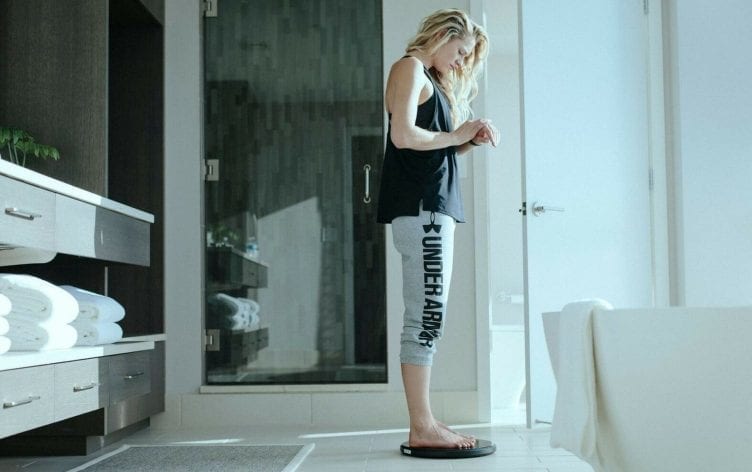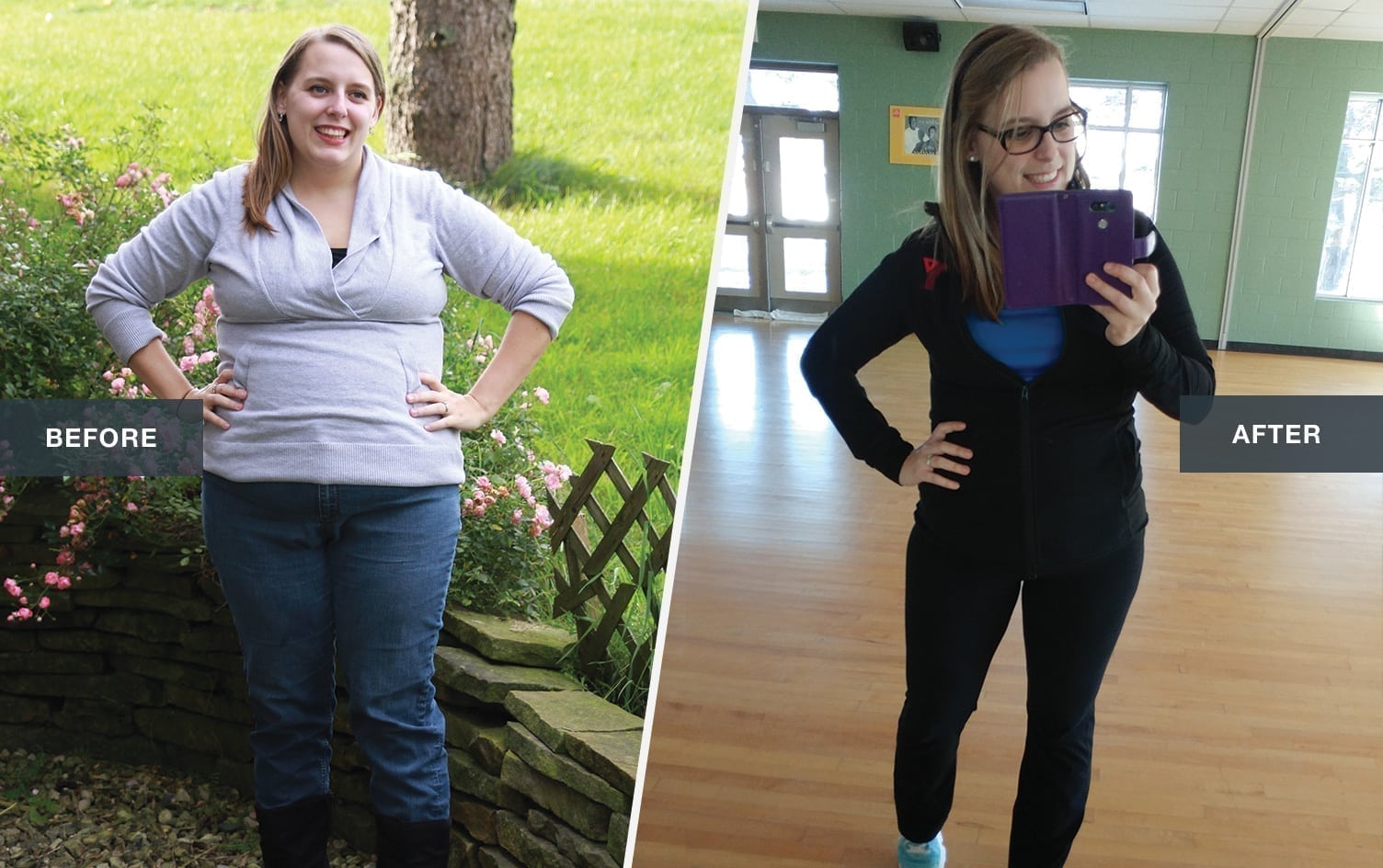
On her journey to losing nearly 50 pounds in eight months, Kimberley Webb employed a number of tactics, including food logging, creating consistency in her meals and workouts and setting realistic goals. She also signed up for an online weight loss challenge, where she put in money to “bet on herself” that she’d meet her incremental weight targets.
Sometimes doing up to six games at once, and putting in $10 per game, Webb lost once — but that just made her feel like working harder. Now, she’s won more than $1,000.
“Losing weight is a mental game,” she says. “I’ve found there are hurdles for me along the way, and this kind of challenge forces me to be accountable.”

Although financial-based online challenges work well for Webb — and many other people — they’re not for everyone. Here are some of the pros and cons, along with ideas about how to get the most out of such challenges.

Online challenges have risen in popularity for a reason, says Grayson Wickham, DPT, a certified strength and conditioning specialist and founder of Movement Vault. Whether they involve money or not, they’re structured in a way that holds each participant accountable for their choices. For many people, that can help them stick to a goal, he says.
“Just setting a goal can be difficult,” he adds. “These challenges may make that easier, and then give you a certain timeframe for reaching that goal.”
Moreover, the incentive component, such as losing money, can increase accountability and drive for many people, says David Ezell, clinical director for Darien Wellness, a counseling and wellness practice.
“Incentives are a far more powerful tool than negative self-talk and punishment when it comes to meeting a goal,” he says. “You can reward the desired behavior like working out or meeting macro goals. While the payout may not be tremendous, the very fact that you’re getting a ‘digital pat on the back’ can really help people who are new to diet and exercise.”

Many fitness and nutrition challenges have a built-in community that’s available through either an app or social media. Wickham says this can be helpful for a feeling of friendly competition or just for connecting with others.
There’s abundant research on the benefits of having workout friends. A recent study found exercise is socially contagious, meaning we’re inspired by the lifestyle patterns we see in others.
This type of support is especially helpful if you don’t have family or friends who are cheering you on, according to Scott Keatley, CDN, a registered dietitian specializing in weight loss. Support is a key component of any successful weight loss and management plan, he says, and getting that help online can be just as motivating as an in-person group.

For some, hitting the short-term goals set within a weight loss challenge may involve less-than-ideal changes, Keatley notes.
“Crash dieting can show results quickly so you can win the diet bet,” he says. “But often, this means the loss of fluid and muscle.” If this occurs for a sustained amount of time, it could lead to disordered eating, he adds.
“The danger here is that when you don’t consume enough calories, your body will begin to strip fat and protein from itself to keep everything running,” Keatley notes. Eventually, that could affect organs like the heart, liver and pancreas.
With such tactics, it’s likely you could sabotage yourself in the long-term. He notes that as weight loss slows down, so does the online challenge incentive. That’s when people tend to put the weight back on as fat.

Some people believe simply signing up is enough to trigger a big jump in motivation. While that might be true for a few, just enrolling in a program like an online challenge doesn’t tend to increase your chances of long-term engagement, says Mac Gambill, co-founder and CEO of health app Nudge.
“Remote challenges are extremely polarizing, as competition can work well for certain individuals while deterring others from even joining,” he notes. “This all relates heavily to an individual’s stage of change and whether they’re ready to make lifestyle improvements.”
If you think you should change, but you don’t actually want to, then an online challenge might not be engaging or inspiring enough to bridge that gap between intention and behavior.
Tips for Using Challenges
If you feel like you lean more toward the pro side than the con, an online challenge might be worth considering. But before you shell out hundreds of dollars or invest too much energy in the effort, Wickham offers some advice: Start small.
“If you’re just getting into changing your nutrition and fitness or making changes related to a healthier lifestyle, I’d suggest choosing a challenge that’s short in terms of duration and intensity,” he says.
Also, keep in mind that a challenge should be fun, not a punishment and ideally should fit in with a wealth of other small changes that add up to a bigger goal, Wickham adds.
If you find yourself trying to cut corners — such as skipping meals or doing extreme calorie reduction — to meet a challenge, that’s a red flag it might not fit into what should be a long-term approach to wellness.
However, if you start with a small challenge and love the friendly competition, use that as fuel to consider a longer or more intense one, Wickham advises. And regularly check in with yourself to make sure the effort is fostering positive momentum.







